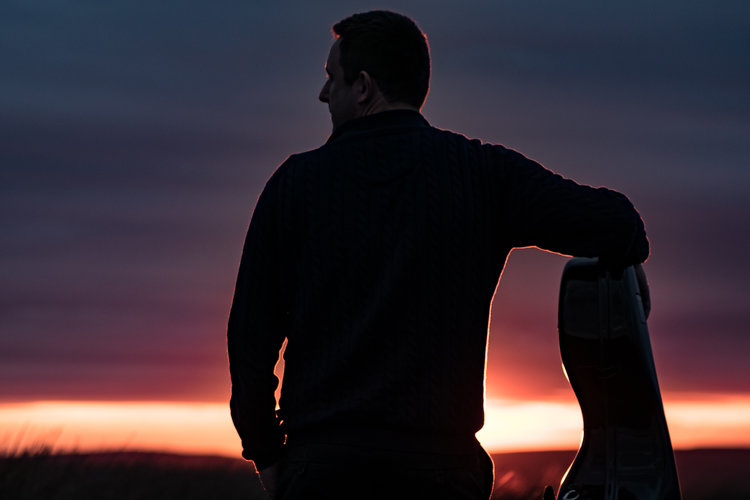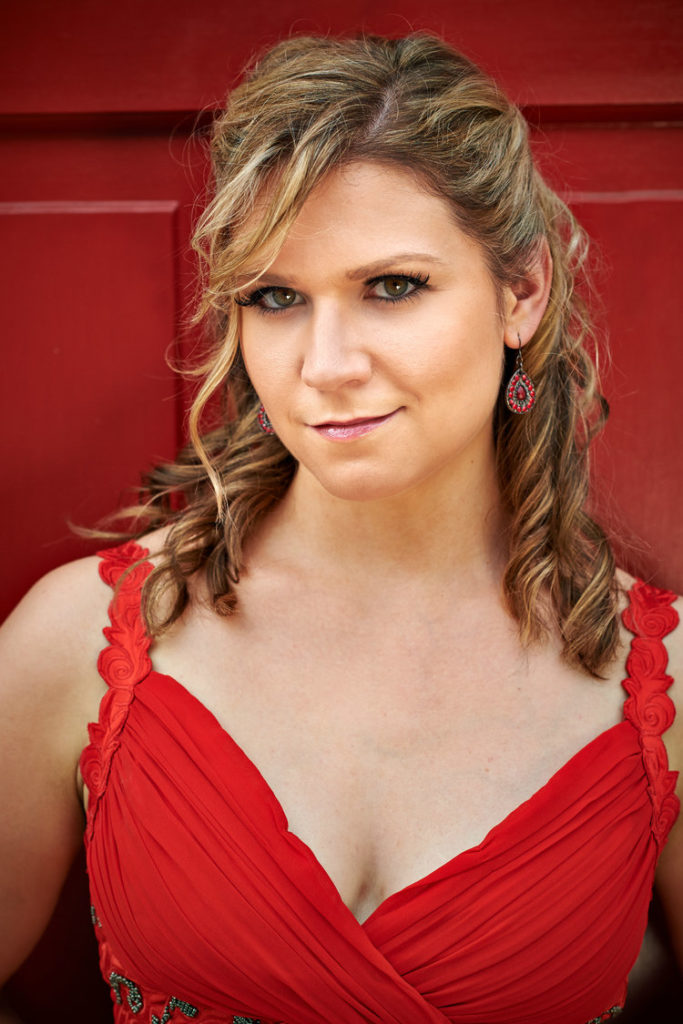
REVIEW: York Early Music Christmas Festival, Illyria Consort, How Brightly Shines The Morning Star, National Centre for Early Music, York, December 7
ONE of the most pleasing of the Christmas Lutheran chorales is How Brightly Shines The Morning Star. It is still in most of our hymn books.
It was actually composed by Philipp Nicolai in 1674 during an outbreak of the plague, which gives it a certain contemporary resonance. So, its inclusion in two sets of variations as the centrepiece of this Baroque recital could hardly have been more appropriate.
Illyria Consort is a trio led by violinist Bojan Čičić, who is underpinned by David Miller’s theorbo and Stephen Devine at the organ (whose advertised use of the harpsichord sadly did not materialise). They began and ended in Italy, travelling north to Germany in between.
Frescobaldi had a knack for crystallising Italian traditions and latched onto the playing of bagpipes by shepherds in the Christmas season, with a capriccio on La Pastorale (known more widely later on as Pastorella), a tradition that endures to this day in the south.
It opened peacefully here, with organ and theorbo alone, before the violin introduced some frolicking. In Germany it was picked up by Biber, a violin virtuoso himself, in his Pastorella, where frolics soon turn to fireworks. It was a delight to hear them side by side and played with such relish.
Quite a different side to Biber emerged in his Third Mystery Sonata, The Nativity, which clings doggedly to the key of B minor in its three movements, doubtless presaging the trials the Christ child was eventually to face. There was plenty of theatre here, but not much comfort.
That came with the Morning Star variations. Buxtehude’s set for solo organ gained in rhythmic coherence as it progressed, culminating in a lively jig. But the real drama came in Nicolaus Strungk’s variations for the whole trio, which was a revelation, beginning as a slow passacaglia and developing into an imaginative fantasia at a variety of tempos. The Illyrians clearly loved it.
Giovanni Stefano Carbonelli’s Sonata VIII allowed a touch of Britain into the programme. Although born in Rome, he spent over half a century in London and died there in 1773, having become a Brit as John Stephen Carbonell in 1735.
Certainly, the sonata was on a par with Handel’s best in the genre, with two central Allegros, one free flowing, the other in a zesty staccato, before an evocative closing pastorale. It came as no surprise to discover that the Illyria chose six of his sonatas for their debut recording.
Tartini is right up there as a composer for the violin, his own instrument. His Pastorale sonata also has Christmas connotations, while exploiting a number of different bowing techniques that must have sounded avant-garde in his day. Čičić by now was in full flow and obviously enjoyed its challenges.
After a majestic Adagio and a frankly showy Allegro, it wound down into another gentle pastorale. This was definitely the child in the manger rather than the angels on high. A dream ending.
Review by Martin Dreyer


